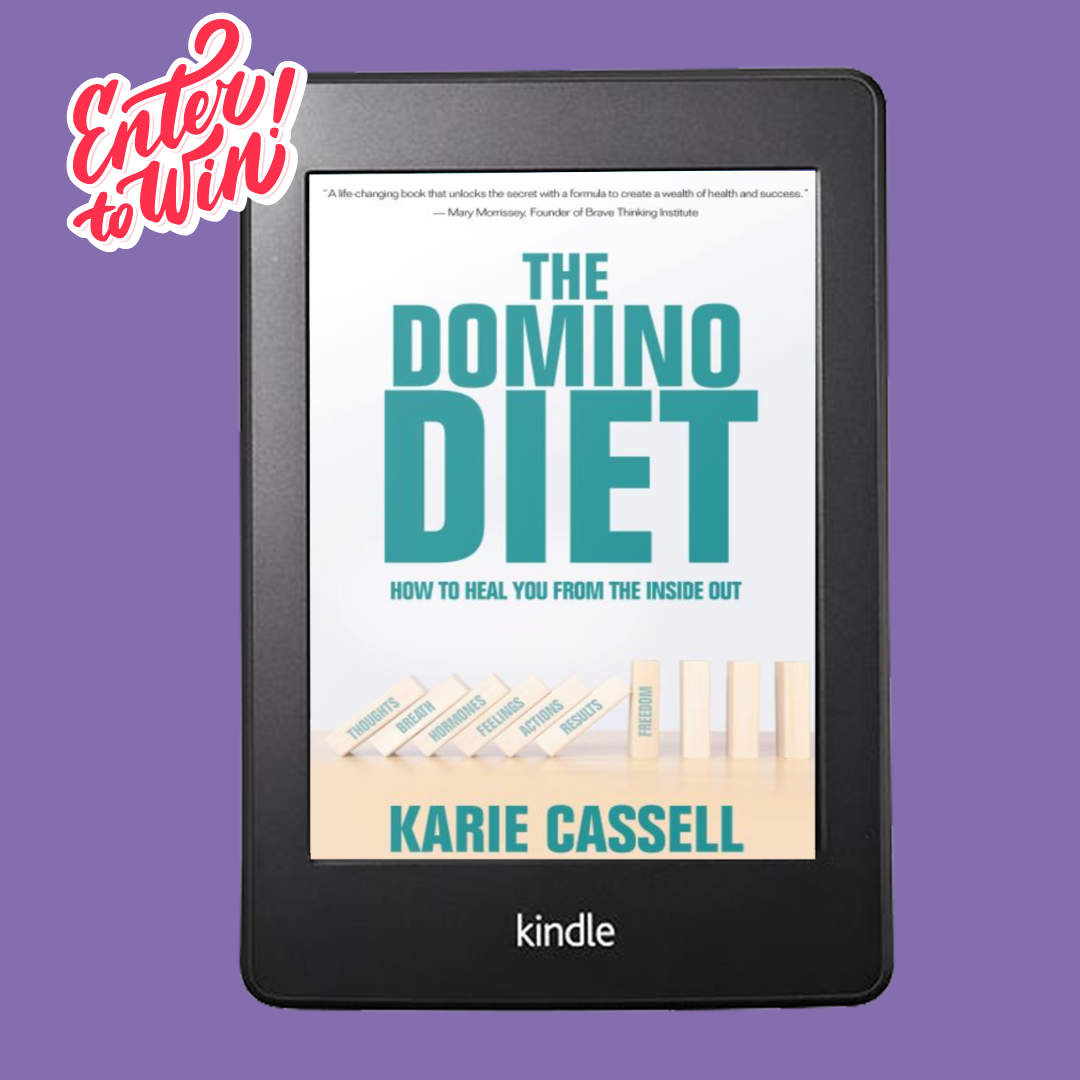Vitamin D from Sun to Soul
Aug 21, 2024
Vitamin D from Sun to Soul
Vitamin D, aka the "sunshine vitamin," is essential for our overall health. We’re all human, but our needs for vitamin D can differ based on where we live, our skin type, and our lifestyle. Understanding this crucial vitamin can help ensure we get enough to keep our bones strong, our immune systems robust, and our minds clear.
What is Vitamin D?
Vitamin D is a fat-soluble vitamin that plays a significant role in calcium absorption, bone health, immune function, and reducing inflammation.
Sources of Vitamin D
- Vitamin D2 (Ergocalciferol):
- Found in plant sources and certain mushrooms when exposed to ultraviolet (UV) light, similar to how our skin produces vitamin D3.
- Vitamin D3 (Cholecalciferol):
- Synthesized in the skin: When our skin is exposed to UVB rays from the sun, it converts a cholesterol derivative into vitamin D3.
- Found in animal-based foods: Certain foods naturally contain vitamin D3, such as fatty fish (salmon, mackerel, sardines), egg yolks, and liver. These animals obtain vitamin D3 by either producing it in their own skin or consuming other organisms that have vitamin D3.
- Vitamin D Supplements: sold as vitamin D alone or in multivitamins.
How Much Vitamin D Do We Need?
The recommended daily allowance (RDA) for vitamin D:
- Adults 19-70 years: 600 IU (15 mcg) per day
- Adults 71 and older: 800 IU (20 mcg) per day
- Infants and children: 400-600 IU (10-15 mcg) per day
Food sources high in vitamin D include:
- Fatty fish (salmon, mackerel, sardines)
- Cod liver oil
- Fortified milk and plant-based alternatives
- Egg yolks
- Fortified cereals
- Mushrooms exposed to sunlight
Do We Need Supplements?
Not everyone needs vitamin D supplements, but they can be beneficial, especially for those at risk of deficiency. People living in the northern hemisphere, particularly in the fall and winter months, often do not get enough sunlight to produce adequate vitamin D. Supplements are also crucial for individuals with limited sun exposure, older adults, people with darker skin, and those with certain medical conditions affecting vitamin D absorption. Check with your doctor or dietitian.
Signs of Vitamin D Deficiency
- Fatigue
- Bone pain or frequent fractures
- Muscle weakness
- Mood changes, like depression
Can You Get Too Much Vitamin D?
Yes, too much vitamin D can lead to toxicity, resulting in hypercalcemia (high calcium levels), which can cause nausea, vomiting, weakness, and serious complications like kidney damage. This is usually due to excessive supplement intake rather than sun exposure or food sources.
Does Everyone Need Sunscreen in Winter?
While sunscreen protects against skin cancer, it also blocks vitamin D synthesis. In winter, especially in northern latitudes, the sun's rays are weaker, and sunscreen might further limit vitamin D production. However, a balanced approach is key—short, unprotected sun exposure combined with dietary sources or supplements is often recommended. This includes sunblock in make-up too 😉.
Factors Affecting Vitamin D Absorption
- Gastrointestinal disorders (e.g., Crohn's disease, celiac disease)
- Obesity (due to circulatory availability and or diseases)
- Aging (the skin’s ability to produce vitamin D decreases)
- Medications like glucocorticoids
Enhancing Vitamin D Absorption
- Pair vitamin D-rich foods with healthy fats (since it’s fat-soluble)
- Spend time outdoors in sunlight
- Maintain a healthy weight
- Magnesium is essential for absorption
- Gut health-can improve vitamin D absorption (talk to your dietitian)
Note: While calcium is essential for bone health, vitamin D is what enables your body to absorb and use calcium properly. They work together, but calcium itself does not directly enhance vitamin D absorption.
Recipes Loaded with Vitamin D: A Double Does Against Inflammation!
Note: Fish can be high in omegas and vitamin D—both known to be anti inflammatory nutrients.

- Grilled Salmon with Sautéed Spinach and Mushrooms
A hearty dish packed with vitamin D from salmon and sunlight-exposed mushrooms. - Mackerel Salad with a Citrus Dressing
This refreshing salad combines mackerel, which is rich in vitamin D, with a light citrus dressing. - Fortified Yogurt Parfait with Sunflower Seeds and Berries
A quick breakfast or snack that’s full of vitamin D from fortified yogurt and seeds.
Sample Day Menu for Vitamin D
Breakfast: Fortified Yogurt with Berries and Sunflower Seeds
- Fortified Yogurt (6 oz): 80-100 IU
- Berries (no significant vitamin D content)
- Sunflower Seeds (no significant vitamin D content)
Estimated Total for Breakfast: 80-100 IU
Lunch: Grilled Mackerel Salad with Leafy Greens and Citrus Dressing
- Mackerel (3.5 oz / 100 g): 360 IU
- Leafy Greens and Citrus Dressing
Estimated Total for Lunch: 360 IU
Snack: Boiled Egg and Fortified Cereal
- Boiled Egg (1 large): 44 IU
- Fortified Cereal (1 serving): 40-80 IU
Estimated Total for Snack: 84-124 IU
Dinner: Grilled Salmon with Sautéed Spinach and Sunlight-Exposed Mushrooms
- Grilled Salmon (3.5 oz / 100 g): 250-988 IU (depends on wild-caught vs. farmed)
- Sunlight-Exposed Mushrooms (1 cup): 366 IU
- Sautéed Spinach (no significant vitamin D content)
Estimated Total for Dinner: 616-1,354 IU
Walk: 20-30 minutes in Midday Sun
- Vitamin D from Sunlight: Ranges from 200 to 1,000 IU depending on skin type, location, and exposure.
Total Vitamin D from Food
- Breakfast: 80-100 IU
- Lunch: 360 IU
- Snack: 84-124 IU
- Dinner: 616-1,354 IU
Total from Food Alone: 1,140-1,938 IU
Total Vitamin D Including Sunlight
- 1,340-2,938 IU (depending on sun exposure)
Final Thoughts: The Vitamin from the Sun - Good for the Soul
Vitamin D is more than just a nutrient; it’s essential for a healthy, vibrant life. While the sun is a powerful source, balancing exposure with dietary intake ensures you get enough year-round. No matter where you live, if the sun is shining, go for a walk and receive the medicine from the sun and for your soul too.

For learn more about ways to Nourish to Flourish Subscribe to my Nourishing News.
Nourish to Flourish
Ask about The Domino Diet Course: Rethinking Diets-Phase 1 here:
https://www.kariecassell.com/the-domino-diet-phase-1-waitlist-registration
Discover a healing, renewing and releasing from the inside out with all of you at a cellular level in my book, The Domino Diet: How to Heal You from the Inside Out.
I’m a “Dietitian on a Mission” putting the Heal back in Health and Restoring the true meaning of the word diet.


Karie Cassell RD, LMC
Bestselling Author, Dietitian, Nutrition Coach
[email protected]
www.kariecassell.com
Ph. 780-814-2983

References:
- National Institutes of Health (NIH) - This source explains the role of vitamin D in promoting calcium absorption and maintaining bone health. It also discusses the health consequences of vitamin D deficiency.
- Harvard T.H. Chan School of Public Health - This article covers the importance of vitamin D for calcium absorption, bone health, and overall well-being.
- Endocrine Society's Journal of Clinical Endocrinology & Metabolism - A detailed study discussing the interplay between vitamin D and calcium, emphasizing the necessity of vitamin D for proper calcium absorption.
Customize Your Nutrition Tips & A Chance to Win my Book!
Check the boxes that apply to your request and you'll be entered into monthly Book Giveaway!
Don't worry, your information will not be shared.
We hate SPAM. We will never sell your information, for any reason.





